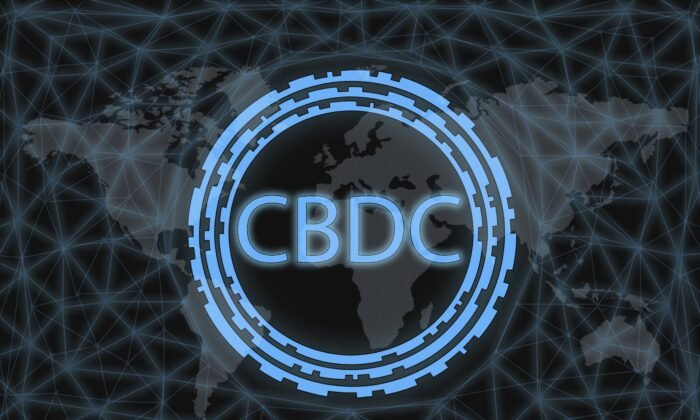Central Bank Digital Currencies Report Disseminated by Reserve Bank
Findings from a pilot project about the use of Central Bank Digital Currencies (CBDCs) have shown that the Reserve Bank of Australia (RBA) has a long way to go before it is ready for a digital currency.
CBDCs differ from traditional dollars because, if introduced, they would be issued directly from the central bank to the consumer without a middleman; this differs from the current situation where the dollar is a liability of a commercial bank. CBDCs also aren’t the same as cryptocurrencies which are a deregulated, blockchain technology.
The report (pdf) reveals that the introduction of CBDCs is still years away from being implemented in Australia amid ongoing issues.
The pilot project looked at what would happen if a CBDC was adopted, highlighting a range of legal, regulatory, technical and operational problems.
“The project yielded valuable insights into how a CBDC, alongside other innovations in digital money, could potentially unlock benefits for the Australian financial system and the wider economy,” says RBA Assistant Governor of Financial Systems Brad Jones.
“The key findings from the project will help to shape the next phase of the RBA’s research program into the future of money in Australia.”
Proponents of the digital currency say it could be a cheap way to connect more people around the world who are cut off from financial institutions.
“Others suggested that access to a digital form of money that does not rely on having a commercial bank account could offer social benefits to certain groups in the community who may encounter difficulties using conventional banking services, such as travellers, foreign students, and victims of domestic violence,” the report said.
Concerns Have Been Raised Among Critics
However, concerns have been raised about the programmability of CBDCs and the potential for government control over people’s spending habits.
“Digital cash could be programmed to ensure it is only spent on essentials or goods which an employer or government deems to be sensible,” read a ‘The Telegraph’ headline from 2021 that raised fears among critics of CBDCs.
The article also quoted Bank of England Director Tom Mutton as saying, “Digital cash could be programmed to ensure it is only spent on essentials or goods which an employer or Government deems to be sensible.”
Others have argued that CBDCs—being issued directly by a central bank, often under government control—will usher in a “totalitarian nightmare.”
“Money should not be programmable by a central authority. Money should be a stable store of value and an efficient means of exchange, not a tool for surveillance, coercion, and control. Sound money should facilitate permission-less peer-to-peer transactions,” says Republican Congressman Warren Davidson.
CBDCs Could Change How Money is Used Globally
Nearly a dozen countries have launched a CBDC, according to the Atlantic Council. The USA, Canada, and the UK are among the nearly 100 countries in the development phase of the digital currency.
“A CBDC could fundamentally change the structure of the U.S. financial system, altering the roles and responsibilities of the private sector and the central bank,” according to a report by the Federal Reserve.
The Biden administration has also released an executive order mentioning CBDCs and regulating digital assets like cryptocurrencies.
“The rise in digital assets creates an opportunity to reinforce American leadership in the global financial system and at the technological frontier, but also has substantial implications for consumer protection, financial stability, national security, and climate risk,” it said in the order.
“We must mitigate the illicit finance and national security risks posed by misuse of digital assets.”
As for the Australian development of CBDCs, the RBA is looking at further avenues for research.
“A CBDC could be viewed as an enabling complement to, rather than substitute for, private sector innovation,” the report stated.






